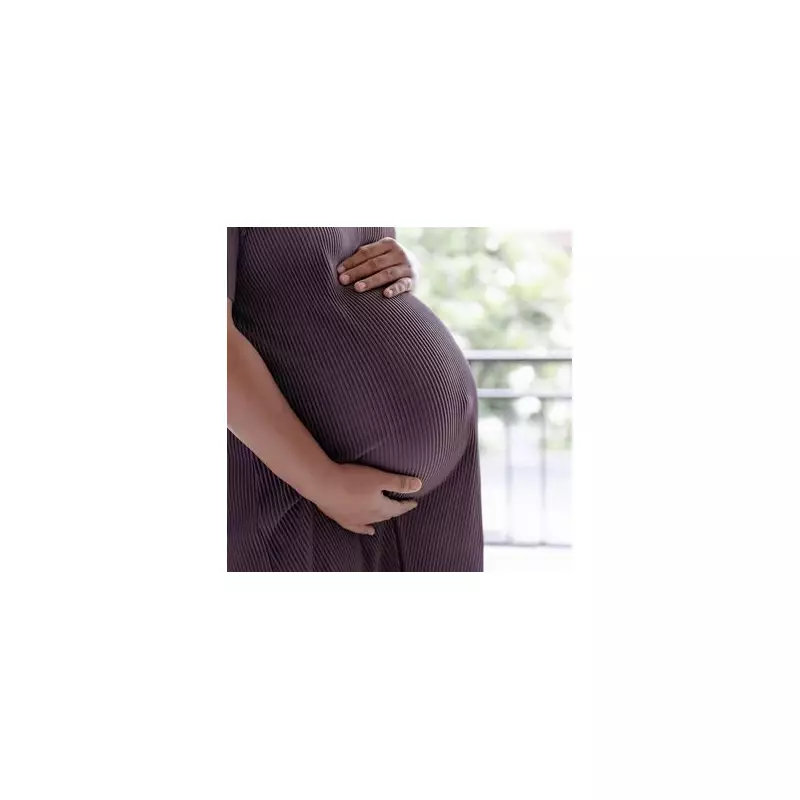
Health authorities across the United Kingdom are sounding the alarm as cases of whooping cough, a highly contagious and potentially deadly respiratory infection, continue to rise at an alarming rate.
Officials have released an urgent public health warning, urging parents and caregivers to be extremely vigilant for the tell-tale signs of this dangerous illness, formally known as pertussis.
The Seven Key Symptoms You Cannot Ignore
Early detection is critical. The illness often starts like a common cold but quickly escalates. Be on high alert for these seven warning signs:
- The 'whoop' sound: A distinctive, gasping 'whoop' sound as the patient struggles for breath after a severe coughing fit.
- Intense coughing bouts: Prolonged, violent coughing spells that can last for several minutes, often worse at night.
- Vomiting after coughing: The severity of the cough can lead to vomiting and extreme physical exhaustion.
- Difficulty breathing: Struggling for air between coughs, which can sometimes cause the face to turn red or blue.
- A runny nose and mild fever: These initial symptoms can be misleading, often appearing in the first week before the severe cough develops.
- Apnoea in infants: In babies, the disease may not present with a cough. Instead, watch for life-threatening pauses in breathing (apnoea).
- Rib pain and broken blood vessels: The extreme force of coughing can lead to sore ribs and even broken blood vessels in the eyes.
Why This Outbreak Is So Concerning
This isn't just a bad cough. Whooping cough is a serious bacterial infection of the lungs and breathing tubes. Its extreme contagiousness means it spreads rapidly through communities, putting the most vulnerable—newborns and infants—at grave risk.
For young babies, complications can be severe and include pneumonia, permanent brain damage from oxygen deprivation, and in the most tragic cases, death. The UK Health Security Agency (UKHSA) has emphasised that the current surge is a significant public health concern.
How to Protect Your Family: The Vital Role of Vaccination
The most powerful shield against whooping cough is vaccination. The NHS offers a pertussis vaccine as part of the routine childhood immunisation schedule.
The key vaccinations are:
- The 6-in-1 vaccine for babies at 8, 12, and 16 weeks old.
- A pre-school booster offered at 3 years and 4 months.
Crucially, a vaccine is also available for pregnant women. Getting vaccinated between weeks 16 and 32 of pregnancy allows the mother to pass on protective antibodies to her unborn baby, offering them crucial protection from birth until they can receive their own vaccinations.
Urgent Action: What to Do If You Suspect Whooping Cough
If you or your child are experiencing any of the symptoms described, it is imperative to act quickly.
Do not wait. Contact your GP or NHS 111 immediately for advice. Mention your concern about whooping cough, especially if there has been contact with a confirmed case. Avoid spreading the infection by not visiting the surgery in person without calling first.
With cases on the rise, awareness and prompt action are our best defence. Know the signs, check your family's vaccination status, and seek medical help without delay if whooping cough is suspected.





